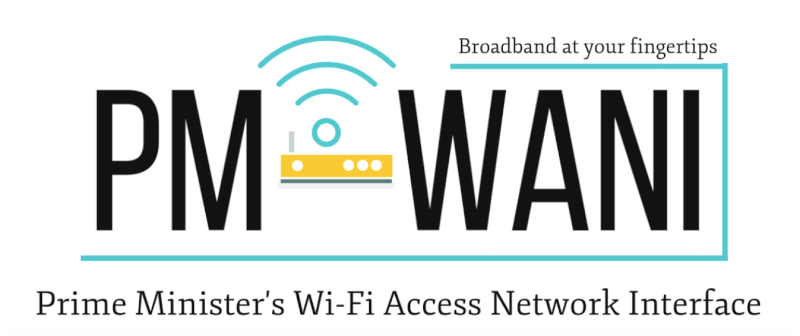PM-WANI has allowed sachetised access to WiFi connectivity. However, the true vision of WANI standard, where small business owners can participate as network service providers resulting in fast network growth, has not been realised. We propose the next version of the WANI standard where a more open ecosystem can be enabled to facilitate business interactions such as delegated payments and roaming, which in turn can catalyse increased user base, rapid network growth, and business innovations.
The PM-WANI framework is revised periodically, taking into account the new developments, security updates, etc. Version 1.0 was released in 2020 and this was used for the pilot deployments. The updated 2.0 specification was released in 2021 and is the current version in use. You could read more about these versions here. This whitepaper defines iSPIRT’s vision for the PM-WANI Version 3.0 specification
PM WANI 3.0: Unleashing Business Innovation and Open Wireless Network Growth for Universal Connectivity [v.2] from ProductNation/iSPIRT
The blog post and proposal are authored by Saurabh Chakrabarti, Nilesh Gupta, Vishal Sevani, Sharad Sharma, and Himanshu Tyagi on behalf of iSPIRT Foundation. Nilesh Gupta and Himanshu Tyagi are faculty members at the Indian Institute of Management Nagpur and Indian Institute of Science, respectively, and they also represent their views as researchers on the topic.
The authors would like to thank Centre For Development Of Telematics (CDoT) for their detailed discussions and conversations about the workings of PM-WANI. Would also like to thank Bhuvnesh Sachdeva, Shubhendu Sharma, and Satyam Darmora for their insightful comments about the WANI ecosystem.


